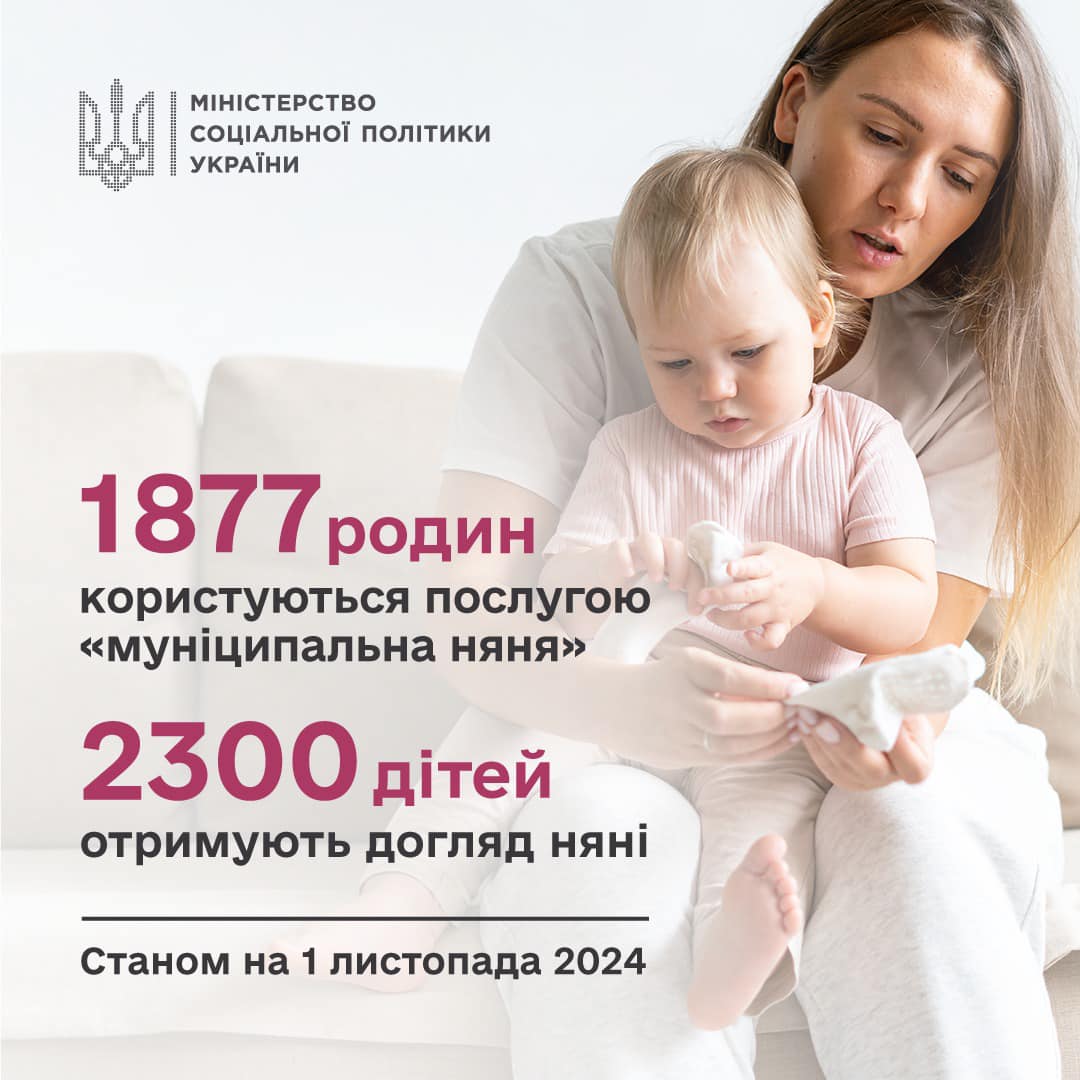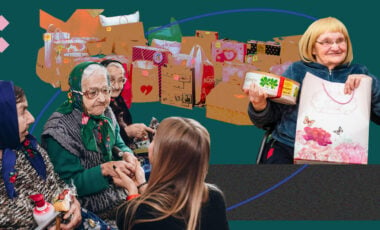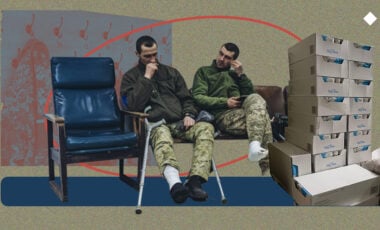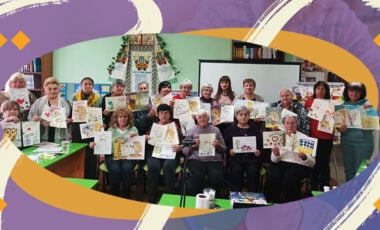Solutions from Ukraine: over 1,900 Ukrainian families utilize "municipal nanny" service

As of November 1, 1,877 families use the "municipal nanny" service, and 2,300 children receive nanny care.
The Ministry of Social Policy of Ukraine reports this.
What is the problem?
In 2019, Ukraine introduced a new form of social assistance, known as the "municipal nanny," to aid new parents in caring for their babies. The country's government provides this cash benefit to support young families.
A "municipal nanny" is an individual, legal entity, or entrepreneur who provides nanny services and with whom parents conclude an agreement or contract for child care. In fact, this is a nanny who provides services, declares her income, and pays taxes.
An analysis of the new needs of citizens caused by the full-scale war has shown that the "municipal nanny" service is becoming increasingly relevant. Internally displaced persons need more time to find employment and integrate into new communities, and a large number of preschool institutions are closing.
What is the solution?
In this regard, the government has expanded the categories of families with children to which the "municipal nanny" service will apply.
As of November 1, 1,877 families use the "municipal nanny" service, and 2,300 children receive nanny care.

How does it work?
"Municipal nanny" is a childcare service provided to support the parents or guardians of a child.
In July, the Cabinet of Ministers of Ukraine adopted changes that increased the age of children from three, as before, to 6 years and expanded the provision of services for IDPs (regardless of place of residence, but with children under three years old) and for families living in territories where kindergartens are not operating due to martial law.
To receive compensation for nanny care, parents (official guardians) must:
- find a municipal nanny themselves,
- draw up a contract with her and take the documents to the nearest department for the social protection of the population.
The Ministry of Social Policy has observed that a nanny employed by a municipality has the option to register as an individual entrepreneur and list their type of economic activity as "97.00 and 88.91" (also known as "KVED")—the specific tax group does not matter.
Such a nanny can arrange care for three children at the same time.
Additionally, a nanny can be registered as a legal business (under KVED 78.2, 85.10). With this registration, the nanny can officially care for six children simultaneously at the municipal address or one of the children's homes with written consent from all parents, as stated in the contract.
A municipal nanny cannot be a first-degree relative (mother or father, grandmother or grandfather of the child, brothers or sisters).
For reference:
As reported, on June 7, the government adopted Resolution No. 664, "Some issues of reimbursement of the cost of childcare services "municipal nanny"[…]".
The resolution covers the time frame of martial law and an additional three months after it ends. The monthly reimbursement for childcare services for children up to 3 years old is approximately UAH 7,100.
It was also announced that the Cabinet of Ministers has decided to distribute payments to children from low-income and displaced families, giving each child a one-time assistance of 6.5 thousand hryvnias. The funds are expected to be received in December.
The funds are designated for winter clothing, shoes, and other essentials for children during the cold season. The government hopes this aid will help families adequately prepare for winter and provide their children with what they need.
It is worth mentioning that the Cabinet of Ministers has recently amended the regulations regarding the adoption of orphaned and parentless children. This change has shortened the waiting period for minors to be placed with their new families.






















































